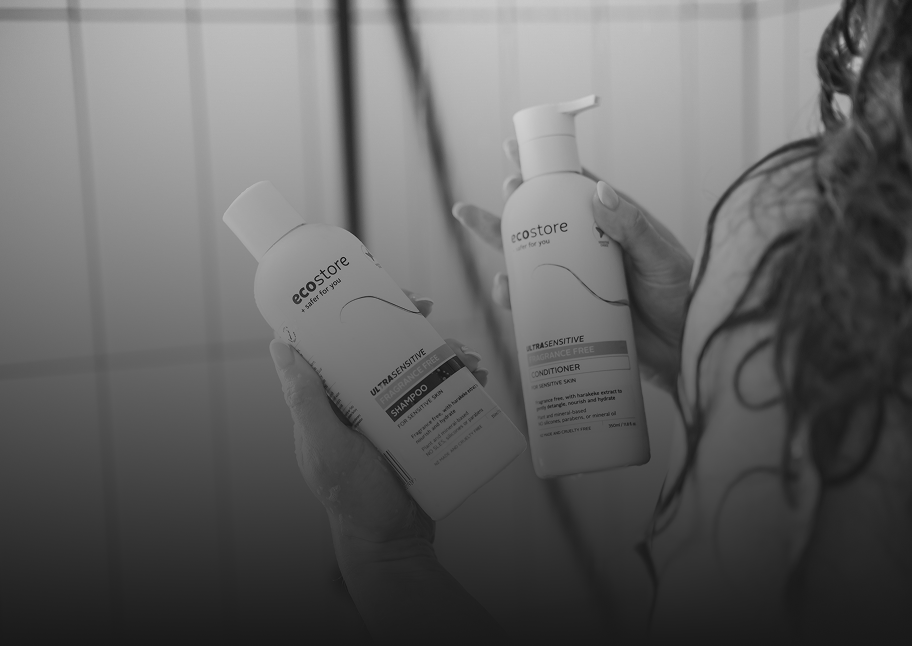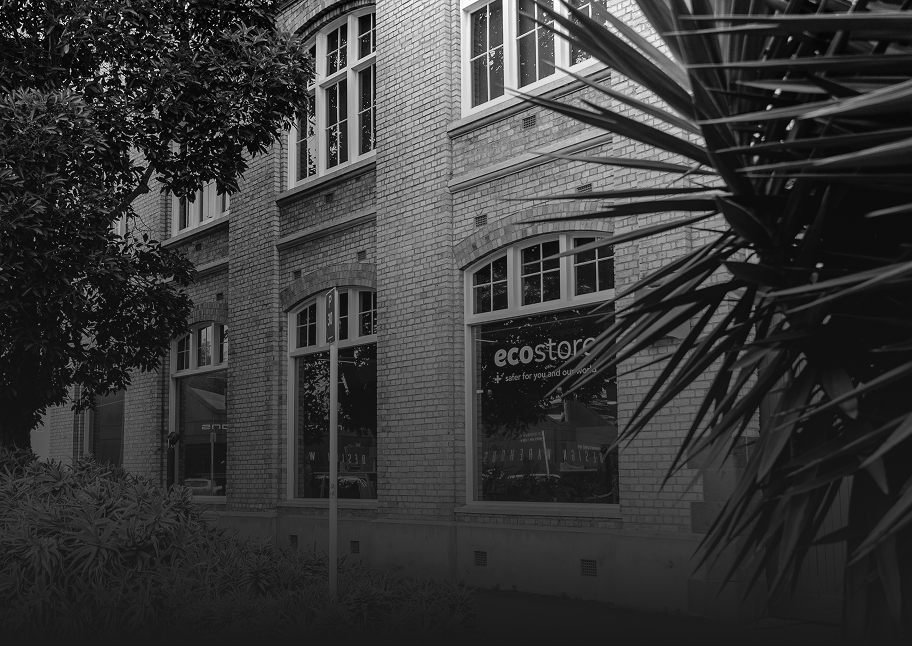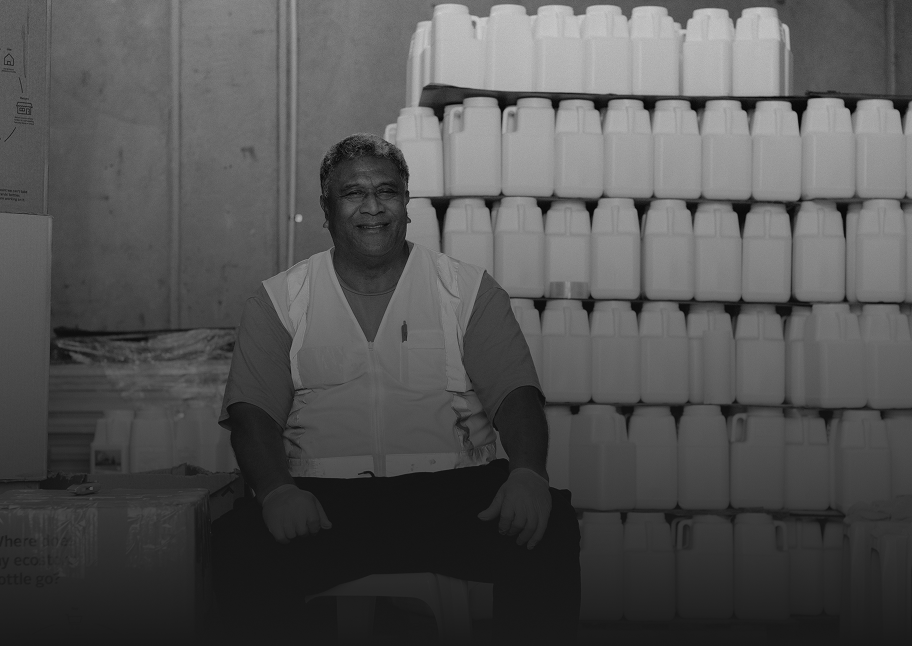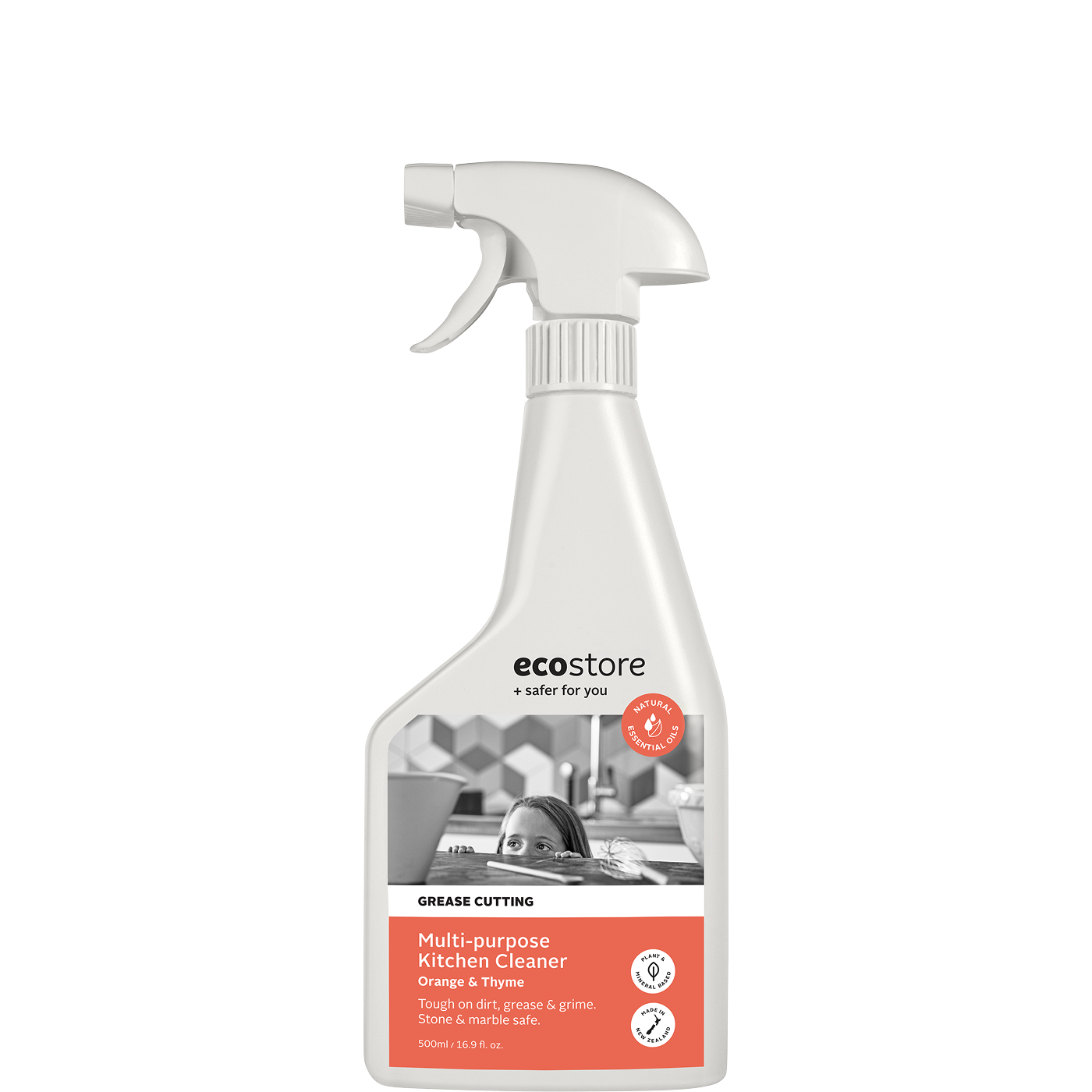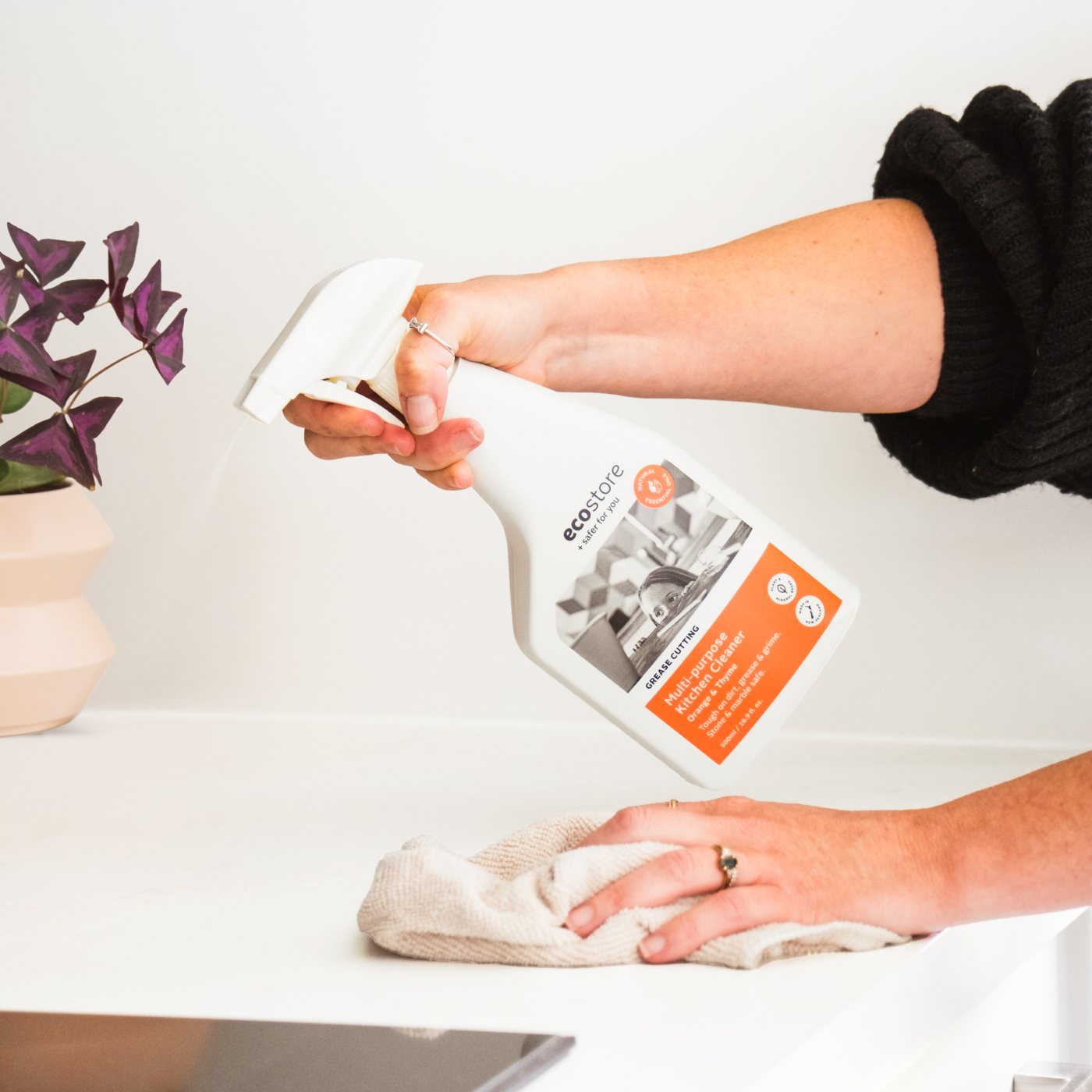I hate the glorification of busyness. There’s nothing admirable about how far you can run yourself down before something has to give – but the reality is, most of us find ourselves juggling several commitments at once. Everyone experiences different levels of busy, and those tend to ebb and flow. However, we can all relate to wanting a few more hours in the day, or at the very least, a little more calm within the hours we currently have.
When I think of productivity and routine, I think of people who meditate in the morning and don’t drink coffee - a level of purity entirely unachievable for me. Unfortunately, my mum is a morning person and so is my partner. I’ve had to learn to live with resenting people who can just get up and be ready to tackle the day. They hum songs while they make breakfast, and I can only just muster a grumble through every movement.
To the outside world I look like a morning person. I start work at 7:30am, I send emails before the sun is up and my friend in London says I’m always the first in Auckland to reply to her messages. Every morning my manager asks me how I am, and the answer is always ‘okay’, but if she asked two hours later, the answer would have risen at least a couple of notches. I now believe that being a morning person shouldn’t be measured by how much you can achieve, but how you feel while you’re doing it.
I’ve read every peak performance, productivity, habit-creating book I’ve come across, trying to learn to run faster, study harder or declutter that one drawer in every room once and for all. The most confronting one told me that you probably won’t ever become a true morning person. I was fuming! I felt cheated, all these years of trying for nothing? Eventually, I realised that it wasn’t for nothing. In my relentless pursuit I have honed some pretty solid skills for maximising time.
I always have a to-do list, but it’s not your average to-do list. I find it important to categorise tasks: what needs to be done today, what needs to be done this week, and sometimes even this month. I also like to include a little section of tasks that will take less than 10 minutes - like booking that appointment you’ve been putting off as you walk between meetings. Ticking off one small task often gives me the little boost necessary to move on to some of the bigger ones.
Here are some other strategies I find helpful:
Make sure you have something to read
Sometimes you end up waiting longer than intended; at the bank, the doctor or the bus stop. It’s the time when I’m most guilty of scrolling social media, but getting a chapter of my book read or catching up on blogs I subscribe to is a much better use of time. This is also prime time for those pesky little 10-minute tasks.
Monitor your energy levels
Knowing when you are most alert helps you plan when to do what. My brain is not fully awake before 9am, so I try to do things that don’t require my full attention, like exercise or clearing my inbox. I avoid tasks like editing my writing, learning new skills and pretty much anything to do with money.
Stack your habits
When introducing something new to your routine, it’s much easier to attach it to something you do already. For example, daily tasks like taking vitamins can be stacked with showering, weekly tasks with taking out the rubbish - get creative with it.
Schedule your downtime
No one works well for hours on end. If I’ve got a big project to complete, I try to decide the frequency of my breaks and stick to them. If I’m looking at my week as a whole, I like to leave a couple of hours somewhere where I’m free to do whatever I like, this helps ease the feeling of being crushed by the weight of a to-do list.
Incorporate some fun
This weekend I tackled cleaning the garage and weeding the garden while listening to a new album recommended by a friend. Even the most tedious tasks can be made a little easier with a great soundtrack and several boogie breaks.
-----
Chanelle is a vegan, amateur athlete, social advocate, environmental enthusiast and blogger at mynameischanelle.com.
Read more

Aotearoa New Zealand is only 1600 kilometres long and 450 kilometres across at its widest, but our irregular boomerang shaped country is absolutely teeming with great things to see and do this summ...

These Socca Bread Pizzas are surprisingly light and super easy to make. It’s the gluten free chickpea flour and fermentation with coconut yoghurt or apple cider vinegar which makes all the differen...

